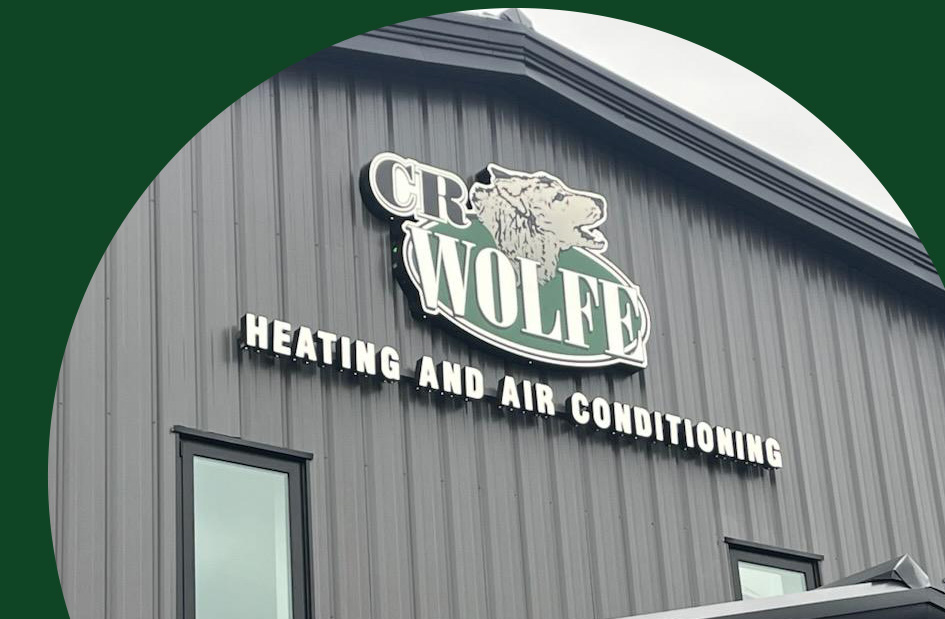When choosing the right system to keep your home comfortable, understanding the difference between a heat pump and an air conditioner is essential. While they share some similarities, these systems function differently and are suited for various climates and needs. Let’s explore how they work, their key differences, and what to consider when deciding between the two.
How Does an Air Conditioner Work?
Air conditioners are designed specifically to cool indoor spaces. They function by removing heat from the air inside your home and releasing it outside. This process is achieved through a refrigeration cycle, which uses a refrigerant to absorb and transfer heat. Air conditioners typically consist of two main components: an indoor unit (evaporator) and an outdoor unit (condenser).
Because air conditioners only cool, they are often paired with a separate heating system, such as a furnace, to provide year-round comfort.
How Does a Heat Pump Work?
Heat pumps are versatile systems that provide both cooling and heating. In cooling mode, they operate similarly to air conditioners by extracting heat from your home and transferring it outdoors. What sets heat pumps apart is their ability to reverse this process. During the colder months, a heat pump pulls heat from the outside air and transfers it indoors to warm your home. Even in cooler temperatures, heat pumps can efficiently extract heat from the air, although their effectiveness decreases in extreme cold.
This dual functionality makes heat pumps an all-in-one solution for maintaining comfortable indoor temperatures.
Key Differences Between Heat Pumps and Air Conditioners
1. Heating Capabilities
The most notable difference is that heat pumps can provide heating and cooling, while air conditioners only cool. If you opt for an air conditioner, you’ll need an additional heating system, such as a furnace, to handle winter temperatures.
2. Energy Efficiency
Heat pumps are known for their energy efficiency, especially in mild climates. Instead of generating heat like traditional systems, heat pumps transfer it, using less energy in the process. Air conditioners paired with efficient furnaces can also be energy-conscious, but heat pumps typically stand out for their lower energy consumption in moderate climates.
3. Climate Suitability
Your local climate plays a significant role in determining which system is best. Heat pumps work well in areas with mild winters but may struggle in extremely cold temperatures. Air conditioners, combined with a furnace, are better suited for regions with hot summers and cold winters.
4. Initial Cost
Heat pumps often have a higher upfront cost compared to air conditioners. However, their ability to perform both heating and cooling can reduce long-term operating costs, making them a cost-effective option for the right climate.
Which System Is Best for Your Home?
Deciding between a heat pump and an air conditioner depends on factors such as your location, budget, and energy efficiency goals. In regions with mild winters, a heat pump offers the convenience of a single system for both heating and cooling. For colder climates, an air conditioner paired with a reliable heating system is a dependable choice.
Why Choose C.R. Wolfe Heating Corporation?
At C.R. Wolfe Heating Corporation, we’ve proudly served the Southern New York community for years with trusted HVAC services. Whether you’re looking to install a heat pump, upgrade your air conditioner, or simply need advice, our team of skilled technicians is here to help. We’re committed to providing quality solutions tailored to your needs, ensuring your home stays comfortable year-round.
Contact us today at (845) 609-0423 to learn more about our HVAC services or to schedule an appointment!


.2501262327115.jpg)